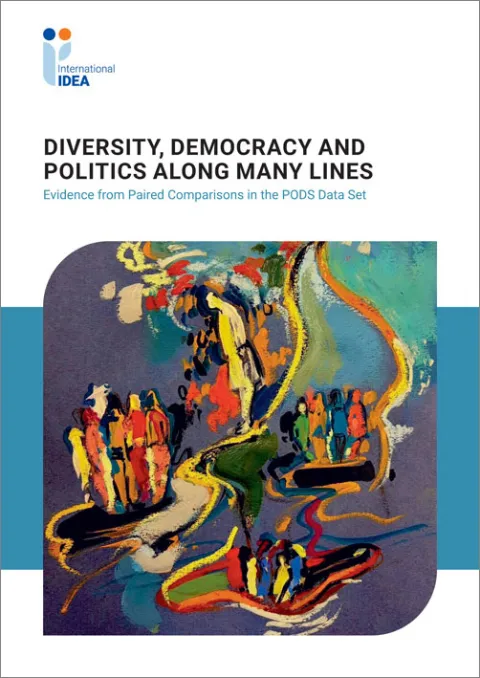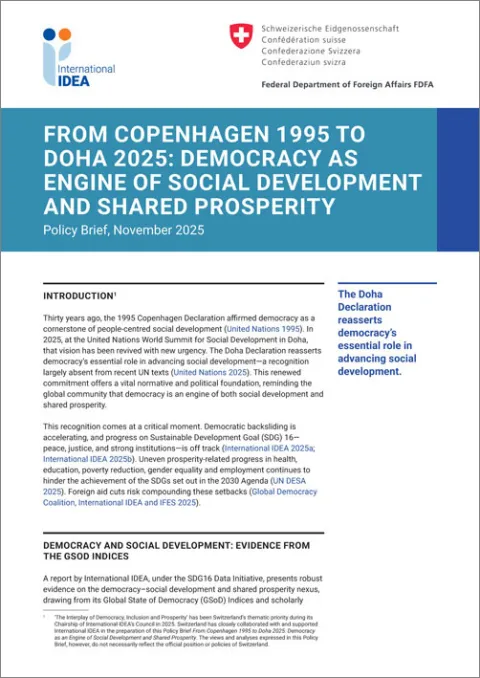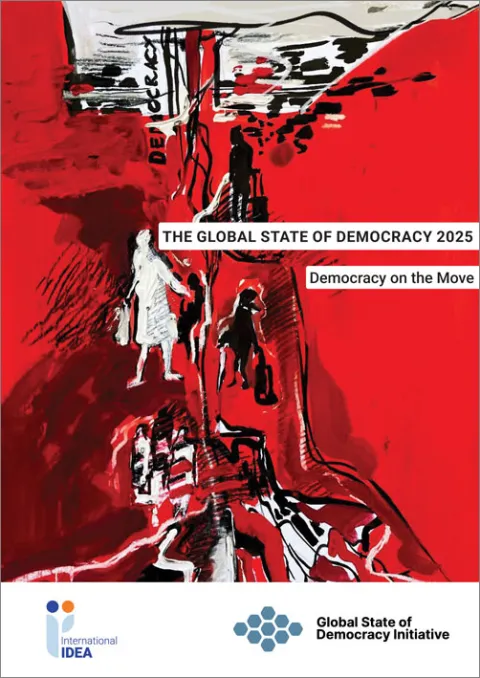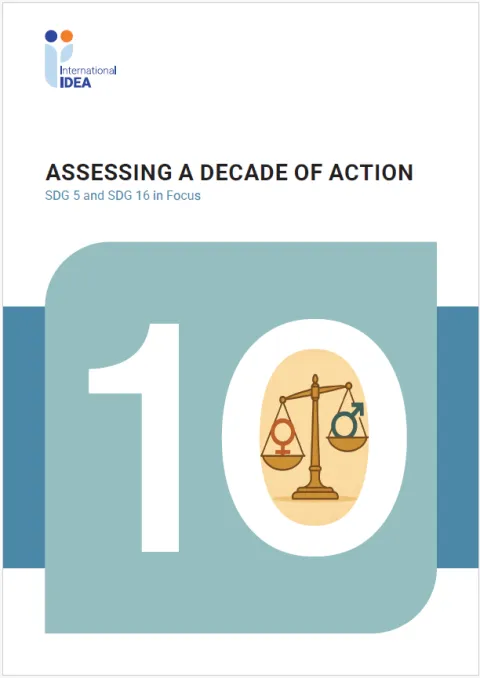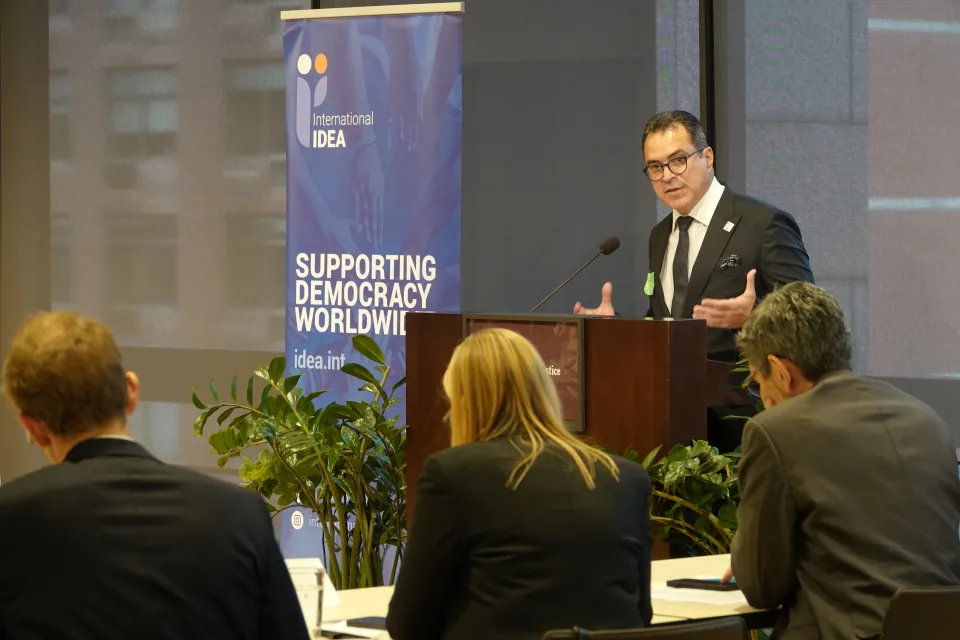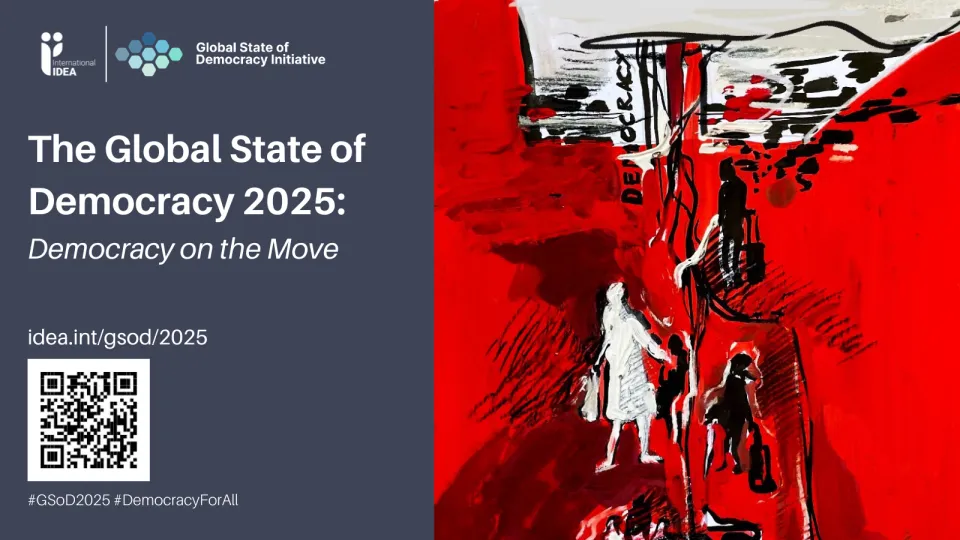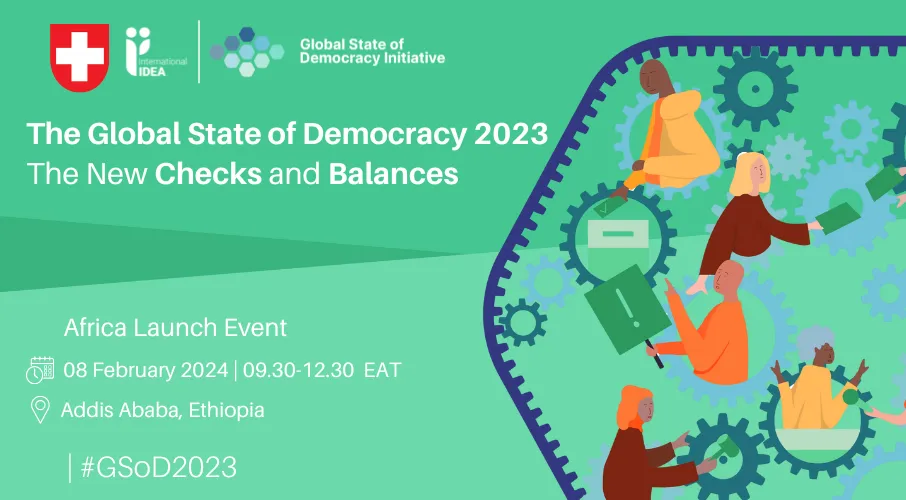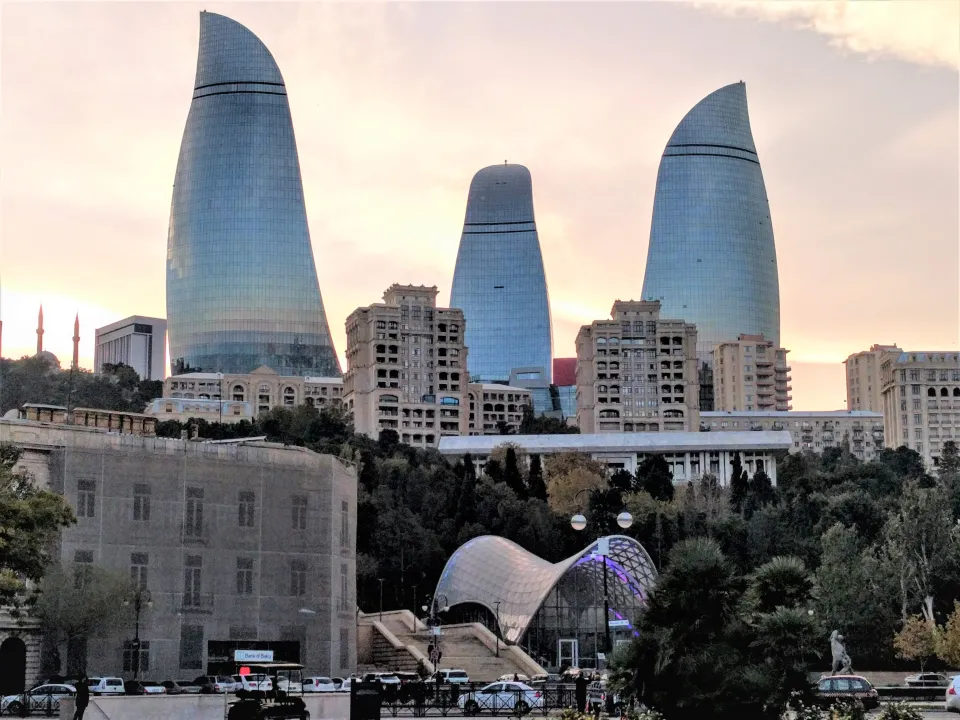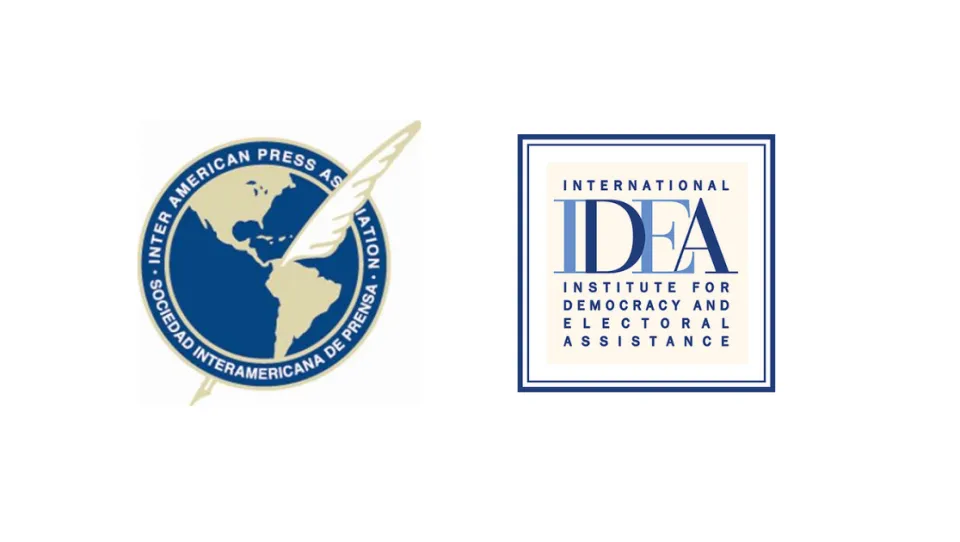Press Freedom and the Global State of Democracy Indices
The key findings on press freedom derived from the most recent update to the Global State of Democracy (GSoD) Indices data are as follows:
- During the period 1975–2017, the world has seen a remarkable improvement in both Freedom of Expression and Media Integrity, as measured in the GSoD Indices. In 1975, 62 per cent of countries had low levels of Freedom of Expression and 63 per cent had low levels of Media Integrity, while in 2017, this was the case for only 16 per cent and 17 per cent of countries respectively.
- In recent years, an increasing number of countries that were previously high performing on Freedom of Expression and Media Integrity are slipping into the mid-range, reflecting worsening conditions in thesecountries. The share of high-performing countries on Freedom of Expression peaked in 2012, at 41 per cent, before dropping to 34 per cent by 2017. Likewise, the share of high-performing countries on Media Integrity has dropped from 40 per cent in 2006 to 32 per cent in 2017.
- Since 2012, the number of countries showing a decline in Freedom of Expression has increased steadily every year. The period 2015–2017 marked the first time where more countries have declined than advanced for two consecutive years. Of all the aspects of democracy, Freedom of Expression is the one that has seen the most countries showing a decline.
- From 2012 to 2017, 24 per cent of countries showed a decline, and only 11 per cent an improvement, in their scores on Freedom of Expression. Declines are seen across all regions of the world, with Europe seeing the most countries decline (14 countries, 33 per cent).
- Of the 37 countries experiencing 5-year declines, 3 saw declines great enough to fall below the global average (Cameroon, Libya, Turkey), and 8 fell below their respective regional average (Burundi, Cambodia, Croatia, Egypt, Libya, Poland, Thailand and Yemen).
- From 2012 to 2017, 21 per cent of countries in the world (33 countries) saw a decline on Media Integrity, while only 6.3 per cent (10) saw an improvement. The vast majority saw no change one way or the other.
- In the countries with declining Media Integrity, 5 saw declines great enough to fall below the global average (Burundi, Egypt, Serbia, Thailand, Turkey), and 6 fell below their respective regional average (Bahrain, Burundi, Egypt, Hungary, Poland, Romania).
- Looking at both Media Integrity and Freedom of Expression, 20 countries have seen declines over the period 2012–2017 on both measurements (9 in Europe, 4 in Africa, 4 in Asia and the Pacific, and 1 each in Latin America and the Caribbean, Middle East and Iran, and North America), while 7 countries have seen improvements (4 in Africa and 3 in Asia and the Pacific). These developments have affected countries across all regions.
In November 2017, International IDEA launched the first edition of a new biennial report, The Global State of Democracy. The report provided evidence-based analysis and data on the global and regional state of democracy.
This GSoD In Focus showcases data on press freedom derived from the GSoD Indices, which now covers a total of 158 countries for the period 1975–2017. More detailed analyses of regional findings will be included in the second edition of The Global State of Democracy, which will be published in November 2019.
Details
Staff author
Contents
Key facts and figures
1. Introduction
2. Long-term trends in Freedom of Expression and Media Integrity, 1975–2017
3. Country-level trends in Freedom of Expression and Media Integrity, 2012–2017
4. Media Integrity
5. Countries with changes on both measurements
6. Conclusion
7. The GSoD Indices and indicators of media freedom
References
About International IDEA
Give us feedback
Do you have a question or feedback about this publication? Leave us your feedback, and we’ll get back to you
Send feedbackPress Freedom and the Global State of Democracy Indices
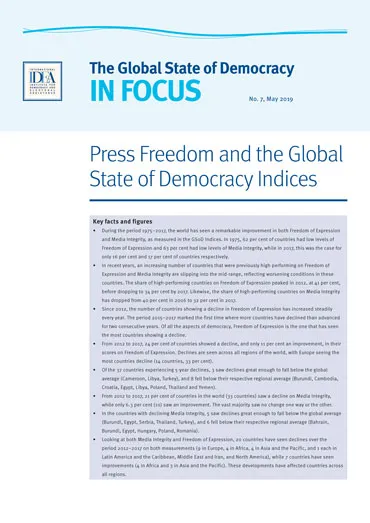
| Total views | 10751 |
|---|---|
| Downloads | 29 |
| Rating |
Staff author
Give us feedback
Do you have a question or feedback about this publication? Leave us your feedback, and we’ll get back to you
Send feedback